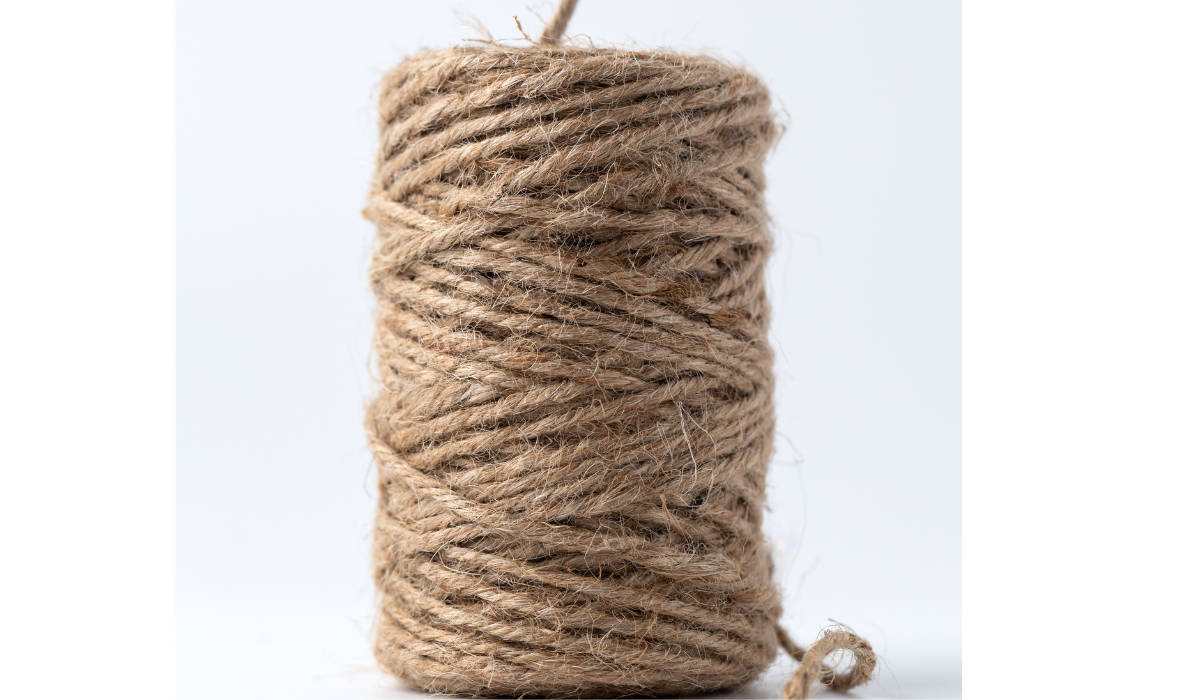
Coir: Nature’s Sustainable Fiber
Coir is a natural fiber extracted from the husk of coconuts, the fruit of the coconut palm (Cocos nucifera). This fibrous material is known for its strength, durability, and versatility, making it an eco-friendly alternative to synthetic fibers. Coir has been used for centuries in various traditional products, but in recent years, it has gained significant attention for its sustainability and wide range of applications. Here’s a deeper dive into what coir is, its benefits, and how it is used in different industries.
What is Coir?
Coir is derived from the outer husk of coconuts. The husk consists of both brown and
white fibers, which are processed to create different types of coir.
The two main
types
of coir are:
- Brown Coir : This fiber comes from mature coconuts and is typically used for products requiring more durability, such as mats, brushes, and ropes.
- White Coir : Sourced from younger coconuts, this fiber is finer, softer, and often used in the production of horticultural products like soil substitutes and plant growing media.
The process of extracting coir involves soaking the husk in water to separate the fibers, after which they are dried, cleaned, and sometimes spun or woven into various products.
Properties of Coir
- Durability : Coir is known for its strength and resistance to wear and tear. Its resilience makes it ideal for products exposed to outdoor elements, such as mats, ropes, and doormats.
- Water Resistance : Coir is highly resistant to moisture and rotting, which is why it is commonly used in marine products, such as boat ropes, fishing nets, and outdoor mats.
- Eco-Friendly : Coir is biodegradable, sustainable, and renewable, making it an excellent choice for eco-conscious consumers looking for greener alternatives to synthetic materials.
- Natural Anti-Fungal Properties : The fibers have natural anti-fungal and anti-bacterial properties, which make them ideal for use in gardening and horticulture applications.
Uses of Coir
- Horticulture and Agriculture : Coir is widely used in the horticulture industry as an alternative to peat moss. Coir-based products, such as coir pots, coir soil, and coir grow bags, help provide plants with an aerated, water-retentive medium. This sustainable option supports healthy root growth, and it’s an excellent choice for organic gardening.
- Home Furnishings : Coir is used to make a variety of home products such as doormats, rugs, and cushions. Due to its durability, water resistance, and ability to withstand heavy foot traffic, it is often found in outdoor spaces like entryways, patios, and gardens.
- Industrial Products :The durability and strength of coir make it perfect for industrial uses. Coir is used in ropes, twine, and even mattresses, where it is prized for its firmness and long-lasting nature. Coir is also used in the manufacture of biodegradable brushes and brooms.
- Erosion Control : Coir mats are often used in soil erosion control projects. These biodegradable mats stabilize soil in areas such as riverbanks, construction sites, and other land areas prone to erosion.
- Bio-composites : Coir is being increasingly used in the automotive and construction industries to create bio-composite materials. These are lightweight, strong materials that can be used in car interiors, packaging, and building insulation, offering a greener alternative to traditional plastics and synthetic composites.
- Fashion : Coir has also found its way into the fashion industry, where it is used to create sustainable accessories like bags, hats, and shoes, thanks to its durability and unique texture.
Environmental Benefits of Coir
- Sustainability : Coir is a renewable resource. Coconut trees, from which the fibers are extracted, grow abundantly in tropical regions. They can be harvested annually, making coir a sustainable alternative to non-renewable resources.
- Carbon Footprint :Coir products have a relatively low carbon footprint compared to synthetic materials like plastics. Since it is biodegradable, it does not contribute to long-term waste accumulation in the environment.
- Soil Health :Coir can help enhance soil structure and increase water retention, which is especially beneficial in regions prone to drought. Using coir as a soil amendment or growing medium helps reduce the need for chemical fertilizers and pesticides.
Copyright 2024 © Digisnare Technologies LLP . All Rights Reserved

